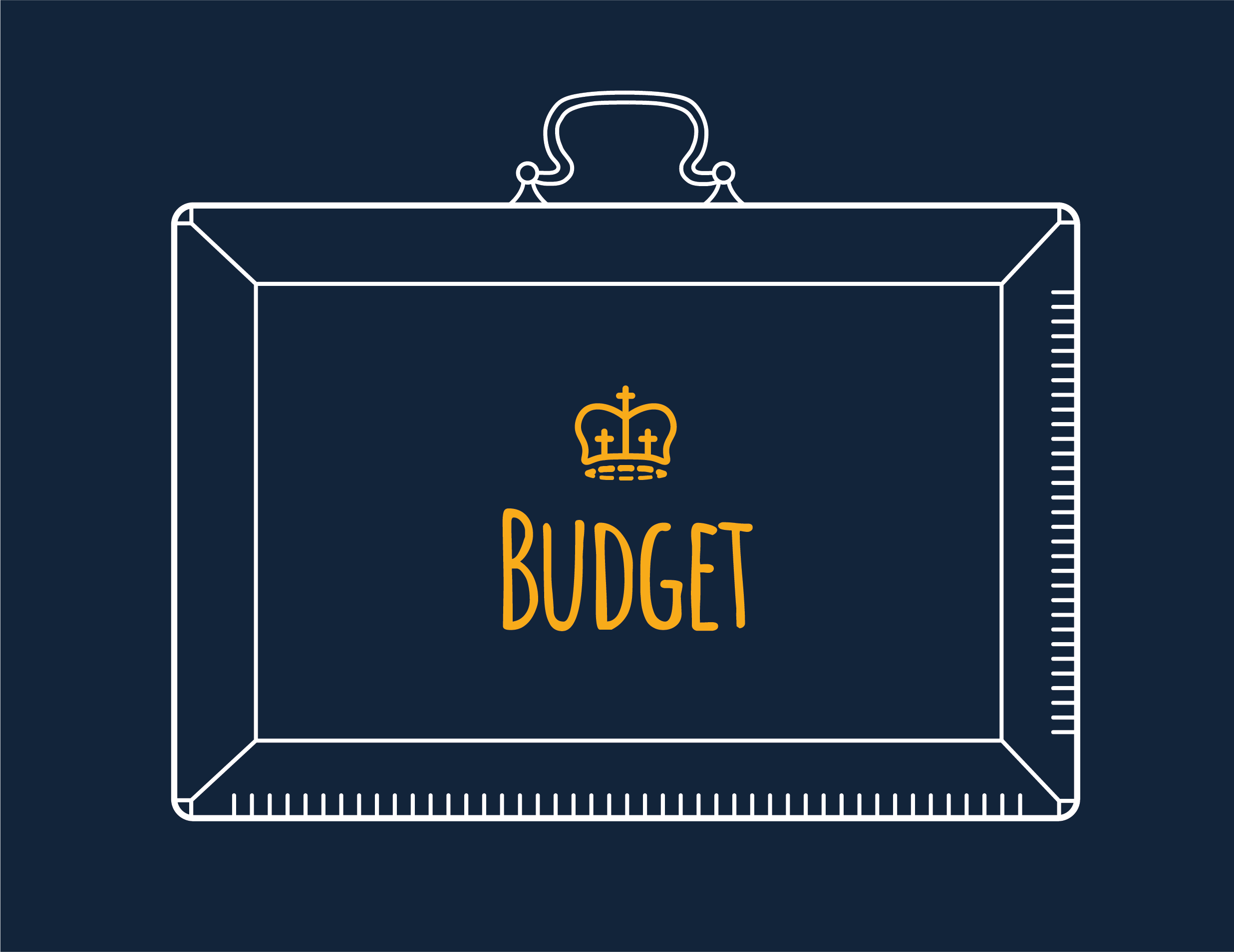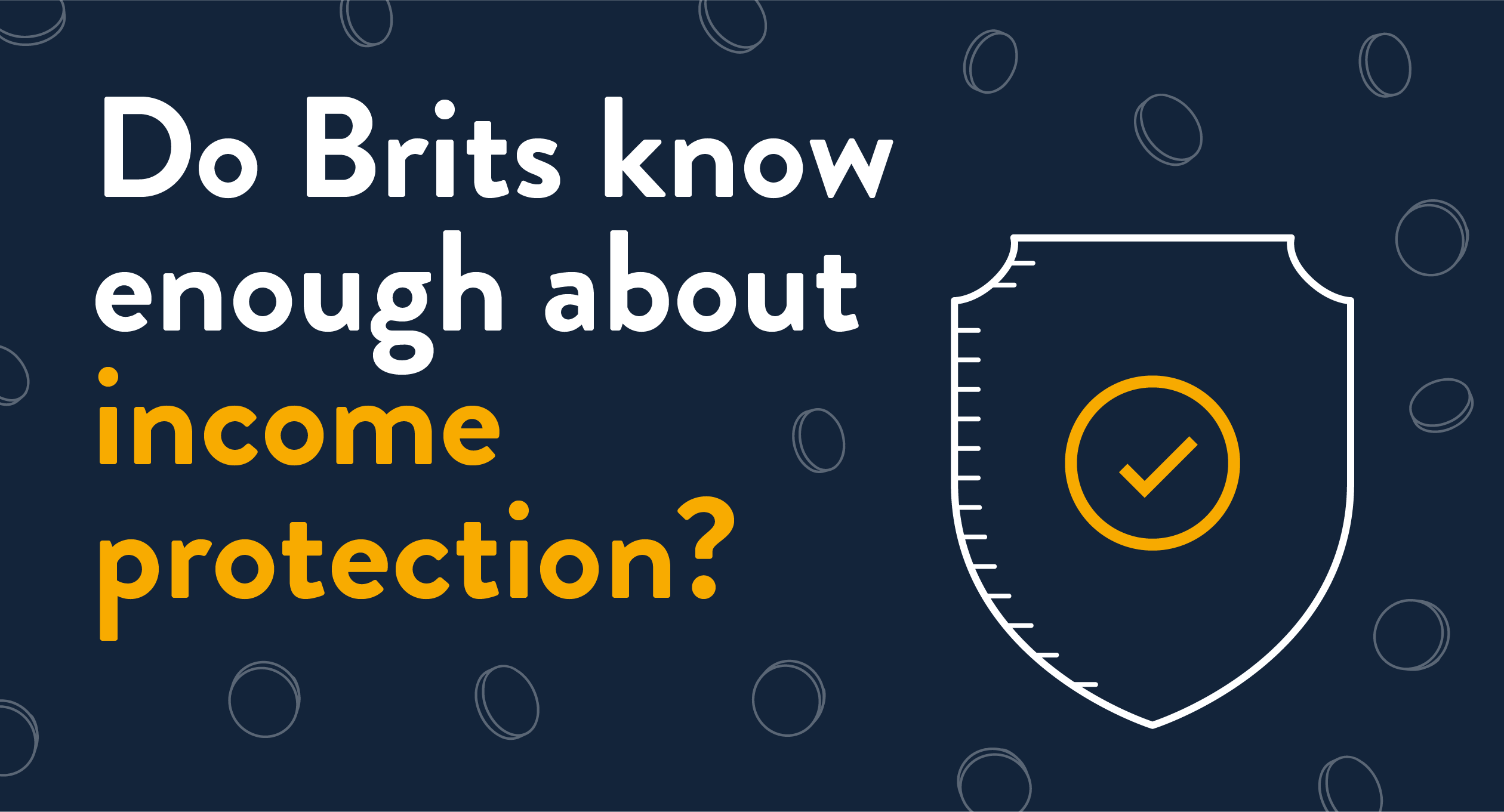
If you’re looking to start saving, one of your first choices is where to actually open a savings plan. Many people automatically opt for their high street bank, but there are other options that might offer additional benefits, such as mutual societies.
Mutuals include friendly societies, building societies and credit unions while banks are typically the well-known names from your high street. But which should you choose?
We look at the potential pros and cons of saving with a mutual and with a bank.
Reasons to consider saving with a mutual
A mutual is a company which is owned by its members. There are no shareholders, meaning that profits made by the mutual are paid to its members, or are reinvested for their benefit, rather than being paid as dividends to shareholders.
If you save with a mutual, you become a ‘member’, which means that you could benefit from a share of the profits as well as getting a say in how the organisation is run.
Mutuals aim to make a profit by investing the money their members save with them. The better the investments perform, the higher the profits and the more the mutual can pay to its members as bonuses.
As mutuals return their profits to their members through bonuses, they can often offer better savings rates than what you would receive in a regular cash account at a bank. This is because banks usually have to pay dividends from their profits to shareholders.
Savings comparison website Savings Champion found that on 31 December 2017, money saved in cash based account with mutuals earned an average of 0.95%, compared to just 0.69% in banks.
Here at Shepherds Friendly Society, we offer an Investment ISA rather than a cash ISA, and this has consecutively returned a bonus since the plan was launched in 2008*.
While investment products are generally known for their ups and downs, we aim to protect our members from short-term market volatility and provide a more consistent journey by applying an investment tactic known as smoothing. This essentially means that when investment conditions are particularly good, we may retain some of the returns, so that we can still pay a bonus when there are poor market conditions.
If you save with a bank you are also more likely to earn below the base rate, than if you chose a mutual organisation. Data shows just 47% of bank savings accounts pay more than the 0.5% Bank of England Base rate compared to 71% of products at mutuals.
Why save with a high street bank?
While research has found that mutuals often offer higher interest rates for savers, some argue that they prefer the convenience of high street banks, as they often offer a wide range of products, which usually includes current accounts.
A report by the social market foundation found that when it comes to everyday money management, majority of people are comfortable with checking their balance and paying bills online. However, when it comes to long-term financial decisions such as taking out a mortgage or seeking financial advice there are some that prefer to do it face-to-face by visiting a branch.
There are some banks that offer savings accounts which are linked to their current accounts where interest rates are increased for a short period of time. Some prefer to have all their accounts in one place, so they decide open a savings account with their current account provider so that all of their finances are in one place.
Whether you decide to save with a mutual society or a high street bank, it is important to decide what is type of savings is right for you. Make sure you do your research before taking out any financial product and remember:
– When taking out an investment product your capital is at risk.
*These figures refer to past performance and past performance is not a reliable indicator of future results.
Please note: Whilst the information in this article was correct at the time of publication, as of January 2024 we have updated the bonus payment schedule to every three months (quarterly) instead of once a year. Past bonuses are not a guarantee of future bonuses.


